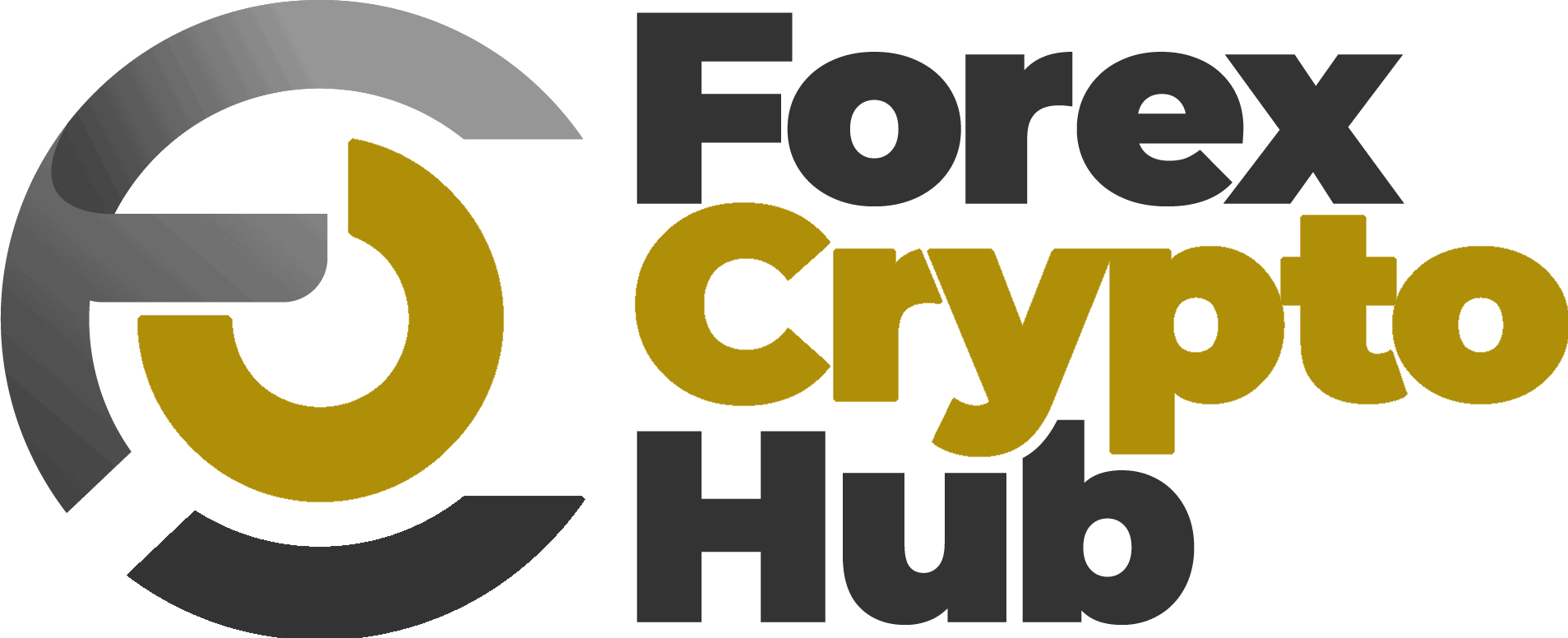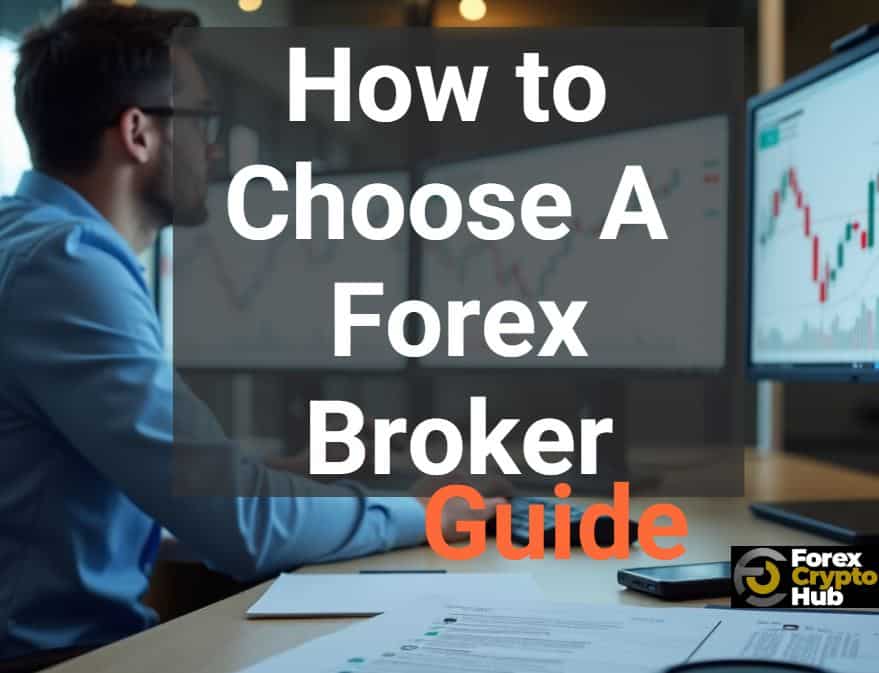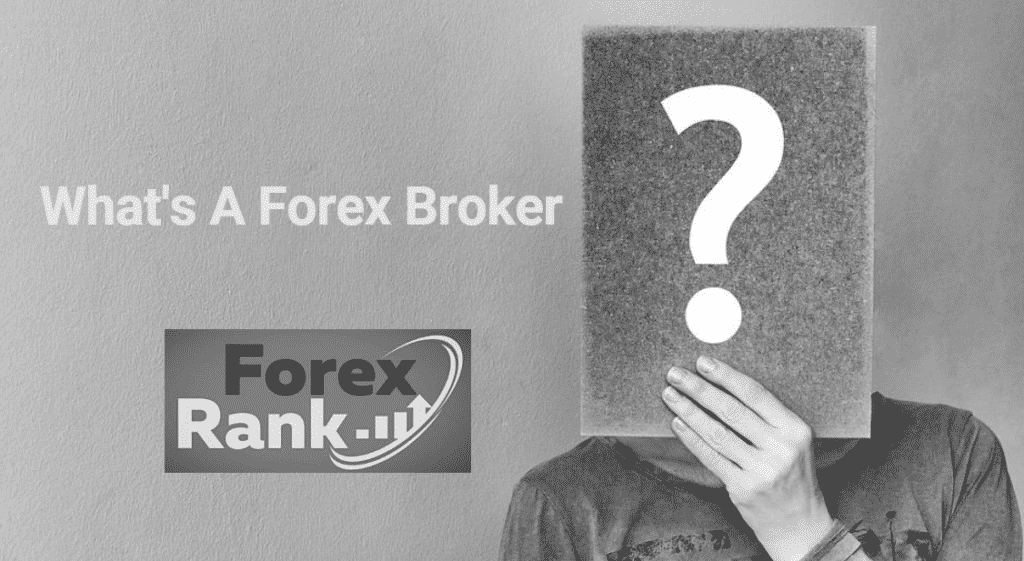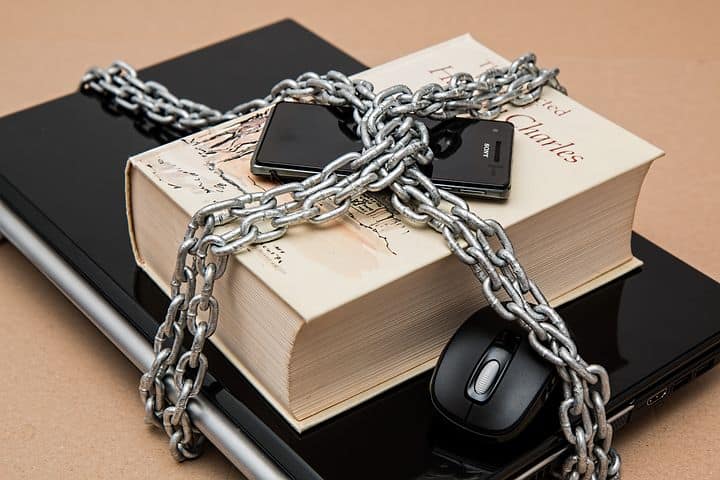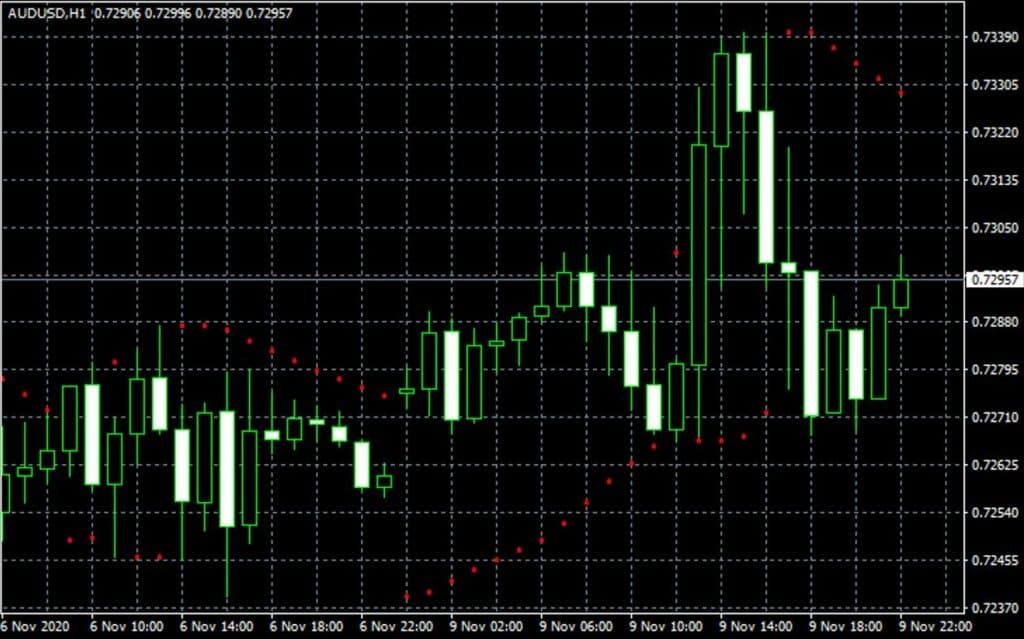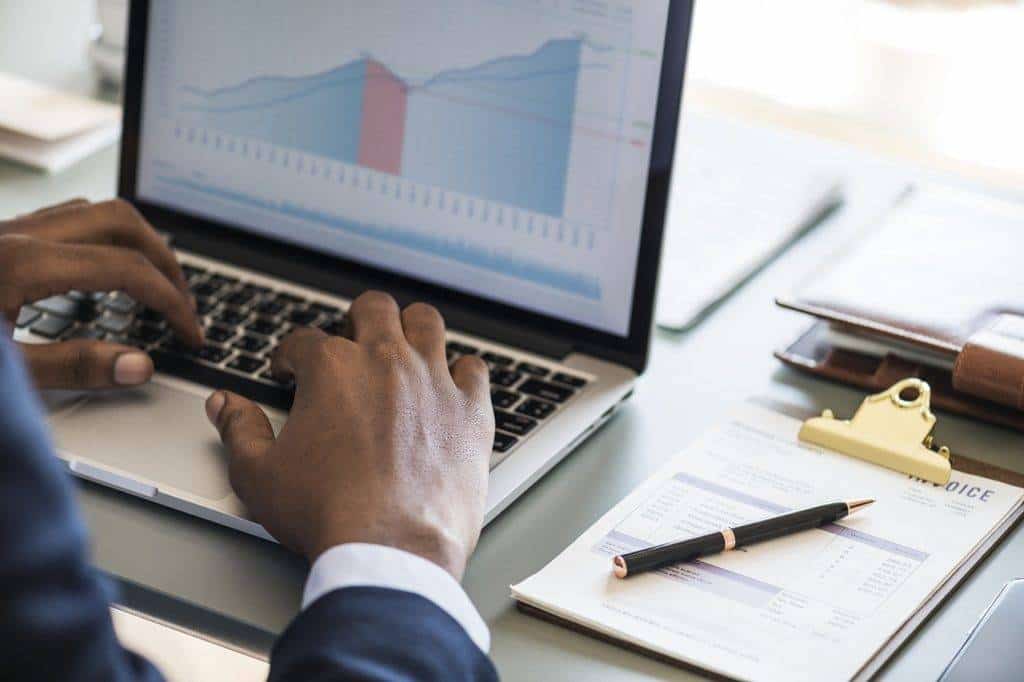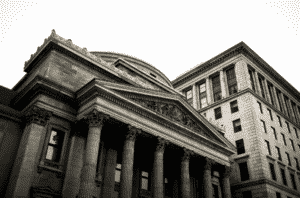Did you know that 71% of retail client accounts lose money when trading CFDs? You need to pick the right forex broker to avoid becoming part of this statistic.
The right forex broker can determine your trading success or failure. What’s a forex broker exactly? Many “forex brokers” aren’t traditional brokers, despite what the name suggests. These entities help traders access the world’s largest financial market, where trillions of dollars change hands daily. A good forex broker should give you competitive fees, quick trade execution, and clear policies.
Several factors come into play while picking a reliable forex broker. The rules require regulated brokers to maintain specific capital levels. Some brokers provide government-backed deposit insurance in countries like the UK and Australia. Trade execution speed plays a vital role too – even the most solid trading strategy won’t work if execution lags.
This detailed guide will show you how to avoid mistakes that could hurt your trading results in 2025. Let’s take a closer look at what truly matters as you pick your forex trading partner.
Step 1: Understand What a Forex Broker Really Does
You need to know how a forex broker works before picking one. This knowledge will help you find a broker that matches your trading style.
What is a forex broker?
A forex broker acts as a key middleman between you and the foreign exchange market. These brokers work differently from traditional market brokers. They connect traders to a huge electronic marketplace where people buy and sell currencies 24 hours a day around the world.
Your gateway to currency trading comes through forex brokers. They link you to a network of banks and other traders. This connection matters because the forex market sees over $7.50 trillion in daily trades, making it the world’s biggest and most active trading market.
Most people trade forex through the over-the-counter (OTC) market instead of regular exchanges. Here’s what this means for you:
You trade directly with the broker – Unless you buy forex futures or options on regulated exchanges, you’ll trade against your dealer. The broker becomes your seller when you buy and your buyer when you sell.
The broker controls the platform – You’ll use the broker’s system rather than a live exchange. They control what you see on screen, including prices.
Limited options for closing positions – Trading on the broker’s platform means you can only work with their prices and terms.
This relationship shapes everything from how well your trades work to what you’ll pay.
How forex brokers make your trades possible
Forex brokers help you trade through several key services that let regular traders access the massive currency market.
Market Access and Platform Provision
Your broker gives you specialized trading platforms with tools, charts, and indicators. These help you make trades and study market trends right away. The platforms link you to the bigger forex market without needing direct access to bank networks.
Order Execution
Quick order execution stands out as one of your broker’s main jobs. Speed matters a lot in the ever-changing forex market. Good brokers work hard to cut delays so you can grab market opportunities quickly.
Financial Transactions
Money moves between traders and market providers through forex brokers. They handle deposits, withdrawals, and keep your transactions safe. Your broker watches your account balance and makes sure you have enough margin for open trades.
Making Markets and Providing Liquidity
Brokers combine pricing data from many sources like major banks and financial firms. This gives you better market liquidity and reduces the gap between expected and actual trade prices.
How Brokers Make Money
Knowing how brokers earn money helps you evaluate their services:
Spreads: The gap between selling price (bid) and buying price (ask). This difference pays for executing your trade.
Commissions: Some brokers charge a fee per trade.
Combined Model: You might find brokers using both spreads and commissions.
Your broker’s fee structure will affect your trading costs and profits directly.
Education and Support
Most brokers offer market insights and learning resources. These tools are a great way to get better at trading, especially for beginners.
Your trading experience depends heavily on how your broker operates – whether as a dealer or just a middleman. These differences matter as we look at various types of forex brokers next.
Step 2: Know the Different Types of Forex Brokers
Forex brokers don’t all work the same way. Your choice of broker can substantially affect your trading costs and success rate. Let’s look at the main types of forex brokers and what makes them different.
Step 2: Know the Different Types of Forex Brokers
Dealing Desk vs No Dealing Desk
The forex brokerage world splits into two basic models: Dealing Desk (DD) and No Dealing Desk (NDD) brokers.
Dealing Desk Brokers (Market Makers)
Market makers create their own market for clients. They take the opposite side of your position – if you buy, they sell, and if you sell, they buy.
Market makers have these features:
- Fixed spreads that stay the same even in volatile markets
- Trading in nano lots (smaller positions) that new traders can access easily
- Direct order execution without external liquidity needs
- Simple fee structure with no commissions
New traders often do well with market makers because they can manage risk better with smaller accounts. These brokers also provide stable trading conditions with fewer price swings.
No Dealing Desk (NDD) Brokers
NDD brokers connect you straight to liquidity providers in the interbank market. This setup removes any conflicts of interest that exist with market makers.
NDD brokers offer these benefits:
- Spreads that change with market conditions
- No position against your trades
- Higher minimum deposits
- Market prices that reflect real conditions
Day traders who need every pip can get better value from NDD brokers through tighter spreads and direct market access.
ECN, STP, and DMA explained simply
NDD brokers come in three main types. Each type suits different trading styles.
ECN (Electronic Communication Network) Brokers
ECN brokers link traders to liquidity providers through an electronic system. This creates a clear marketplace where:
- Banks, hedge funds, and traders can interact
- Orders match anonymously in the network
- Multiple price sources lead to tight spreads
- You can see the full market depth
These brokers charge commission instead of spread markups. Experienced traders with enough capital prefer ECN brokers, but most need at least 0.1 standard lots per trade.
STP (Straight Through Processing) Brokers
STP brokers send orders straight to their liquidity providers without a dealing desk. They differ from ECN brokers because:
- Market participants can’t interact directly
- Brokers choose which liquidity provider gets your order
- They make money by adding small spread markups
- They bridge the gap between market makers and ECN brokers
Retail traders find STP brokers easier to work with while still getting good spreads and avoiding conflicts of interest.
DMA (Direct Market Access) Brokers
DMA brokers give you direct access to major banks. They stand out because they:
- Connect to specific top-tier banks
- Offer more structure than ECN’s open market
- Find the best rates from multiple sources
- Match client orders with liquidity provider trades
Professional traders use DMA most often, and it needs larger accounts.
Some brokers mix these models to create flexible trading options. Your trading style, money, and experience should guide your choice. Day traders do better with NDD models, while market makers work better for beginners.
Understanding these differences helps you find the right broker to start your trading path.
Step 3: Check Broker Regulation and Fund Safety
Regulation protects you from potential forex broker fraud. You need to find a broker that matches your trading style. The next step is checking their regulatory status before choosing a forex broker.
Why regulation matters in 2025
The forex industry faces intensifying regulatory scrutiny. Your broker’s legitimacy matters more than ever. Regulatory bodies protect you from hidden financial risks, price manipulation, and fraud.
Financial authorities require regulated brokers to meet strict standards. These include:
- Capital adequacy requirements
- Regular financial audits
- Transparent pricing policies
- Ethical business practices
Regulation makes sure brokers treat you fairly and ethically. You can report regulated brokers to their authority if something goes wrong. This gives you protection if you feel mistreated.
How to verify a broker’s license
Don’t just trust what brokers say about their regulation. Legitimate brokers display their regulatory status and license numbers clearly. You’ll find these at the bottom of their website pages.
Here’s how to check a broker’s license:
- Note the regulator name and license number from the broker’s website
- Visit the regulator’s official website
- Use their search function to verify the broker’s status
- Cross-check the company name (not just the brand name)
To name just one example, if your broker claims FCA regulation in the UK, check the Financial Services Register on the FCA website. Enter the company name or license number. The results show if the broker has real regulation and what they can legally do.
The world’s top regulators include the Financial Conduct Authority (FCA) in the UK, Securities and Exchange Commission (SEC) in the US, Australian Securities and Investments Commission (ASIC), and Cyprus Securities Exchange Commission (CySEC).
Make sure the broker has regulation in your jurisdiction. You’ll get better protection if the regulatory agency, broker, and you are all in the same place.
Understanding deposit protection schemes
Deposit protection schemes add extra security for your money. These work like bank deposit insurance and protect your funds if your broker goes bankrupt.
Many countries have special protection funds for retail traders. Here are some examples:
- Singapore’s Deposit Insurance Scheme protects insured deposits up to SG$100,000 per depositor
- Hong Kong’s Deposit Protection Scheme covers eligible deposits up to HK$800,000
In spite of that, not every asset gets protection. Structured products and some investment vehicles usually don’t qualify.
Fund segregation is vital for security. Good brokers keep your money separate from their business funds. This means they can’t use your deposits for anything except your trades. Your money stays safe even if the broker has financial problems.
Check both the broker’s regulatory status and available protection schemes in their jurisdiction before opening an account. This basic research could save you from stress and money loss later.
Step 4: Compare Trading Costs and Hidden Fees
Trading costs directly affect your profits as a forex trader. You need to learn about and compare these expenses between brokers to pick the right one.
Spreads vs commissions: what to look for
Brokers earn money through spreads, commissions, or both. The spread is the difference between a currency pair’s bid (selling) and ask (buying) prices.
Your main trading cost comes from this difference in spread-only accounts. A EUR/USD pair with a bid price of 1.1200 and ask price of 1.1210 has a spread of 10 pips or 0.0010. Brokers often promote “no fees and no commission,” but they make up for it through these spreads.
Some brokers use commission-based models:
- Fixed commission: A set amount per trade (usually $1.00-$10.00 per lot traded)
- Percentage-based commission: Based on transaction value (like 0.3% on a $10,000 trade equals $30.00)
Raw spread accounts with fixed commissions appeal to seasoned traders. To cite an instance, FOREX.com’s RAW account offers EUR/USD spreads as low as 0.0 plus a fixed commission of $7.00 per $100,000 traded. High-volume or short-term traders find this structure more cost-effective.
Brokers offer two spread types:
- Fixed spreads: Stay the same whatever the market conditions
- Variable spreads: Change based on liquidity and volatility—tighter in calm markets but wider during high-impact news events
Your trading approach should shape this choice. Day traders do better with commission models and raw spreads. Swing traders might prefer variable spreads.
Beware of hidden rollover charges
Beyond spreads and commissions, rollover rates (swap rates or overnight financing) are often missed costs. These charges apply to positions held overnight, processed at 5:00 PM ET.
The interest rate difference between your currency pair determines rollover rates. The outcome depends on your position:
- Long positions in higher-interest-rate currencies earn you credit
- Long positions in lower-interest-rate currencies cost you money
Weekend positions get three days’ worth of rollover charges, usually on Wednesday. These fees can eat into your long-term trading profits substantially.
Watch out for other hidden costs like:
- Fees for inactive accounts
- Charges to withdraw money that change by amount and method
- Regular account maintenance fees
Getting a broker’s complete fee list and comparing it with others helps you understand the real costs. IG, XTB, and FOREX.com stand out for their clear pricing structures.
The right broker choice comes down to matching these costs with how often you trade, your position sizes, and how long you hold trades.
Step 5: Match Broker Features to Your Trading Style
Your forex broker’s features must match your trading style. Many traders skip this vital step. Research shows that success in the forex market depends on picking tools that fit your trading approach, goals, and experience level.
Choosing the best broker for forex trading goals
Your trading goals should drive your broker selection. Day traders need platforms with super-fast execution speeds and advanced charting tools. Swing traders and long-term investors prefer detailed research materials and lower spreads.
Here’s what you should think over:
- Trading frequency: Active traders need competitive pricing structures with volume discounts
- Position sizing: New traders need platforms that support micro-lots to manage risk better
- Trading hours: Make sure your broker gives you the best liquidity during your preferred trading sessions
The best broker should fit your trading strategy. You shouldn’t have to change your approach to match their limitations.
Importance of platform usability and tools
Your trading platform connects you to the markets. Studies show that intuitive interfaces with clear navigation and customizable layouts improve trading efficiency and decision-making.
Platform stability matters more than anything else. Timing makes or breaks trades in forex. A platform that freezes during market volatility can turn profits into losses. Performance data shows that quality platforms handle large transaction volumes without slowing down.
Each broker offers different technical analysis tools. Top providers use TradingView-powered platforms with over 80 indicators, 50 drawing tools, and 14 time intervals. These detailed charting solutions help traders who rely on technical patterns and indicators.
How to choose a reliable forex broker for your needs
Try multiple platforms through demo accounts before you invest real money. This hands-on experience shows if a platform’s features match your workflow needs.
Look at these key features:
- Mobile access to trade anywhere
- Advanced risk management tools like automated stop-loss orders
- Learning resources to build your trading skills
Top brokers offer their own platforms alongside MT4 and MT5. These come with special tools like live analytics that use behavioral science to sharpen your trading skills. On top of that, auto-trading features help reduce emotional trading decisions.
Pick platforms that are easy to use but powerful enough to analyze markets. The right balance supports both your current needs and future growth.
Step 6: Test Before You Commit
Testing a broker’s platform through a demo account should be your first step before putting real money at risk. Many eager traders skip this crucial step. Demo accounts give you a risk-free space to assess what a broker offers without any financial risk.
How to use demo accounts effectively
Demo accounts, also called paper trading accounts, work as free trials of a broker’s trading platform. These simulators come with virtual funds that let you:
- See immediate market conditions and price movements
- Learn the platform’s features and how to navigate
- Try different order types and risk management tools
- Test your trading strategies without risking your capital
The results you get from demo trading often differ by a lot from live trading. This happens because of mindset differences and real-life factors like slippage and order rejections. You should use demo accounts to learn how platforms work rather than expecting similar results with real money.
Most brokers let you use demo accounts without limits. Some put time restrictions on them – like FOREX.com’s 90-day limit. The best demo accounts work on multiple platforms, including mobile apps, with one set of login details.
Checklist for choosing a forex broker
Take a look at this complete checklist after you’ve tested the platform:
- Regulation: Check if official authorities regulate the broker
- Fund Security: Make sure client accounts are separate and protected by deposit schemes
- Trading Costs: Look at spreads, commissions, and rollover fees between your shortlisted brokers
- Platform Performance: Check how fast it executes trades, handles market volatility, and its easy-to-use interface
- Account Options: Look for account types that match how you trade (STP/ECN)
- Customer Support: Try reaching them through chat, email, and phone
- Educational Resources: Look at what learning materials they offer
- Deposit/Withdrawal: Check their methods, timing, and fees
You’ll only know which broker fits your needs by testing their platform hands-on. This experience shows you things that reviews can’t tell you.
Conclusion
Finding Your Ideal Forex Broker: Final Thoughts
The most important decision you’ll make as a currency trader is picking the right forex broker. This piece walks you through everything you need to know to find a broker that lines up with what you want and helps you dodge costly mistakes.
Your first defense against fraud is regulation. So checking your broker’s regulatory status and knowing their business model (Market Maker, ECN, STP, or DMA) should be at the top of your list.
Trading costs will affect your profits big time. Look past those attractive “zero commission” claims and get the full picture of costs. This includes spreads, overnight fees, and hidden charges that can eat away at your earnings quietly.
The platform you use and its features are just as crucial. Even the best trading tools only work well when they match how you trade and what you know. Many traders skip proper assessment and end up regretting their quick pick.
Demo accounts are a great way to get real-life testing experience. You can assess platform stability, execution speed, and how everything works before putting your money on the line.
The best broker for you might not work for someone else. Your trading style, money, risk comfort, and strategy all play into this personal choice. By doing this and being systematic about it, you’ll find a broker that boosts your trading experience instead of holding you back.
The forex market opens up huge possibilities, but it all starts with picking the right partner. Take your time, do your homework, and your trading will without doubt benefit from all the effort you put into finding your perfect forex broker.
FAQs
Q1. What are the key factors to consider when selecting a forex broker? When choosing a forex broker, consider factors such as regulatory compliance, trading costs (spreads and commissions), platform usability, execution speed, available markets, customer support, and educational resources. Also, ensure the broker’s features align with your trading style and goals.
Q2. How important is regulation when choosing a forex broker? Regulation is crucial when selecting a forex broker. It protects you from potential fraud and ensures the broker adheres to strict financial standards. Always verify a broker’s regulatory status with official authorities and prioritize brokers regulated in your jurisdiction for better protection.
Q3. What types of forex brokers are there, and how do they differ? The main types of forex brokers are Dealing Desk (market makers) and No Dealing Desk (NDD) brokers. NDD brokers can be further categorized into ECN, STP, and DMA. They differ in how they execute trades, their fee structures, and the level of market access they provide. Your choice should depend on your trading style and experience level.
Q4. How can I effectively use a demo account when choosing a forex broker? Use a demo account to familiarize yourself with the broker’s platform, test its features and tools, practice executing trades, and evaluate performance during various market conditions. However, remember that demo trading may not fully replicate live trading conditions due to psychological factors and real-world variables.
Q5. What role do trading costs play in selecting a forex broker? Trading costs significantly impact your profitability. Compare spreads, commissions, and overnight fees across brokers. Be aware of hidden charges like inactivity fees or withdrawal costs. Consider your trading frequency and typical position sizes when evaluating a broker’s cost structure to ensure it aligns with your trading strategy.
